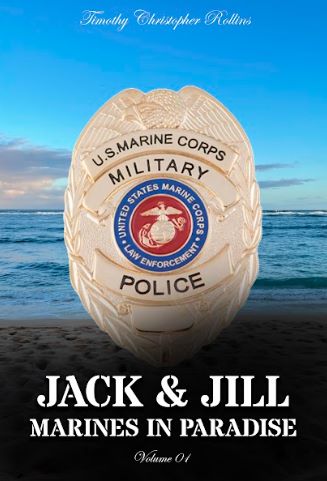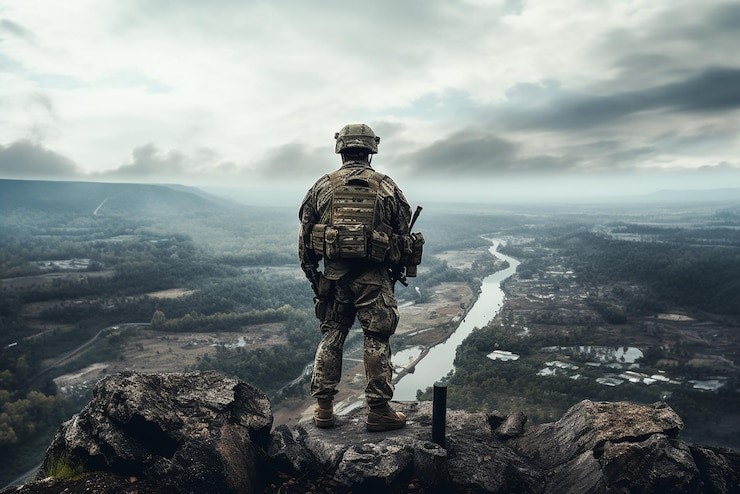The military uniform represents more than rank and responsibility, it symbolizes a promise. A promise to lead with honor, to serve with courage, and to remain loyal under pressure. But what happens when those ideals are tested? In the armed forces, leadership and loyalty aren’t just virtues—they’re constantly challenged realities.
Leadership Isn’t Given—It’s Proven
True leadership in uniform goes far beyond issuing orders. It’s about earning the trust of those you lead and proving that trust daily through action, fairness, and consistency. When lives, missions, and morale are at stake, poor leadership can cost more than productivity—it can destroy unity.
In the military, leaders must make split-second decisions in high-stress environments, navigate personal conflicts within their ranks, and lead by example even when facing internal corruption or external chaos. The strength of a leader isn’t revealed in comfort, it’s forged in adversity.
Loyalty: More Than Just Following Orders
Military culture places immense value on loyalty—to the mission, to the unit, and to the chain of command. But what happens when loyalty to the institution conflicts with personal ethics? That’s where the real test begins.
Blind loyalty can be dangerous. True loyalty involves accountability. It means protecting your fellow soldiers, not covering for their misdeeds. It means confronting corruption, even if the perpetrator wears a higher rank. And sometimes, it means risking your own career to protect what’s right.
The Cost of Integrity
Leadership and loyalty often come into direct conflict, especially when integrity is on the line. A Marine who uncovers wrongdoing in their unit faces a difficult choice: remain silent to protect their peers, or speak up and risk isolation or retaliation.
This dilemma is not just theoretical, it’s a reality for many in uniform. The weight of loyalty to the badge, to the team, and to justice doesn’t always align neatly. It takes courage to choose the harder path, and leaders who do so often carry the burden quietly and alone.
Building Trust from the Ground Up
One of the most powerful forces in a unit is trust. It’s built not by bravado, but by consistent actions, showing up, standing by your word, and doing what’s right even when it’s inconvenient. Great leaders inspire this trust not just in their subordinates, but in their superiors too.
Loyalty also goes both ways. When leaders show respect, transparency, and compassion, their teams respond with commitment. It creates a culture where difficult conversations can happen, and where ethical decisions don’t feel like lonely battles.

Conclusion
In uniform, leadership and loyalty are more than ideals, they are tested truths. The real measure of a leader isn’t just how they command, but how they uphold integrity when it’s hardest. Likewise, true loyalty doesn’t mean blind obedience; it means standing firm for what’s right, even when it puts you at odds with the system or your peers. These values are not just worn, they’re lived. And in the high-stakes world of military service, how one responds to these tests defines not only their career but their character.
Few books portray the complex realities of leadership and loyalty under pressure like Jack & Jill: Marines in Paradise Volume 1 by Timothy Christopher Rollins. This powerful military fiction novel follows two Marine Corps MPs as they navigate tough moral choices, professional rivalries, and a bond that defies regulation.
Discover what happens when ethics, duty, and personal connection collide. Get your copy now!




